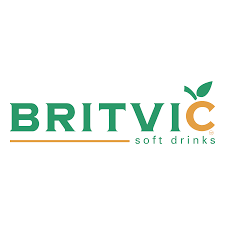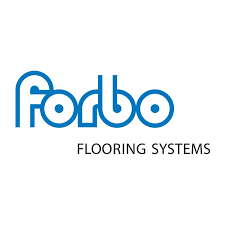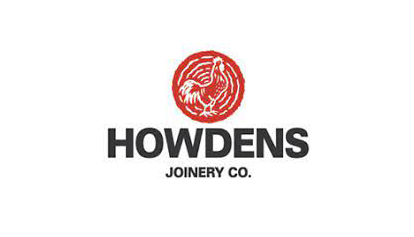Morning Day one,
Following an introduction to TPM basics, participants work in teams to identify potential improvement opportunities on live projects using TPM mapping and criticality assessment techniques.
This helps participants to understand how to structure an equipment review, how to assess current standards and working practices and how to use the power of a practical OEE (Overall Equipment Effectiveness) measure to assess the value of improvement potential, set realistic and achievable improvement targets and identify practical improvement tactics to deliver that potential.
Afternoon Day One and Day Two
Participants continue to work in teams on mini projects where they carry out a condition appraisal and develop best practices for Asset Care, Planned Maintenance and Correct Operation.
They also gain an understanding of how these activities can deliver the challenging but achievable TPM goal of zero breakdowns. From this the programme progresses to the use of Focussed Improvement as a trigger for innovation and problem prevention.
During these activities teams are guided through the selection and application of relevant focussed improvement tools covering problem observation, analysis and solution development.
This includes
- the development of Workplace Organisation, and Visual Management standards to aid standardisation, skill development and problem precention.
- 5 Why and stoppage analysis routines to support progress towards zero breakdowns.
- P-M Analysis to support progress towards process optimisation and zero defect goals.
Day three
Participants feedback their respective project improvements and action plans to each other. In this way, participants gain a first-hand insight into the application of TPM toolset for up to 3 pieces of equipment.
The final session during day 3 covers the TPM master plan milestones, behavioural benchmarks and underpinning TPM systems.
During this session participants are guided through the completion of a TPM audit to assess the status of their organisation. This helps them to identify areas of good practice and priorities for action. There will also be plenty of opportunity to discuss specific implementation issues and develop personal action plans to implement the lessons learned back at the workplace









